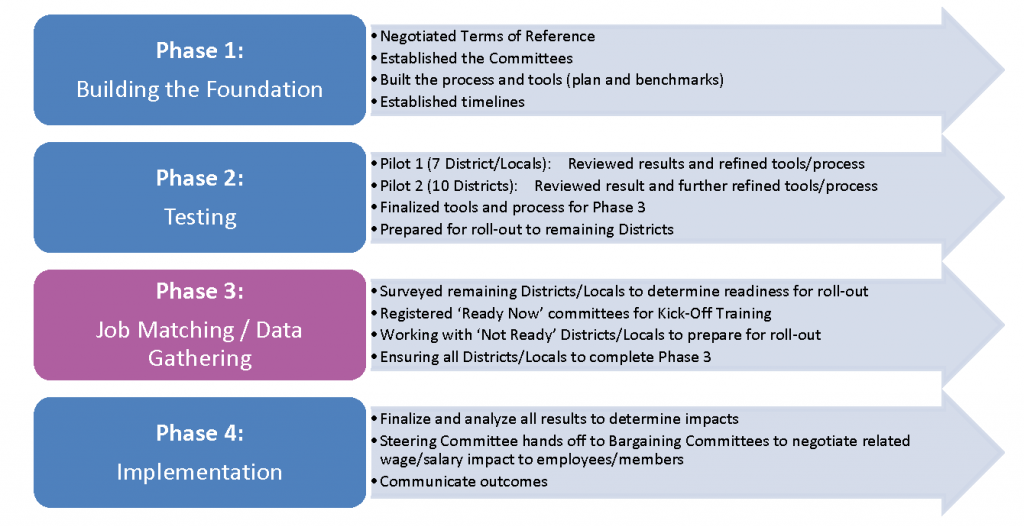LIF provides an ongoing multi-year commitment from the provincial government for additional resources to the K-12 public education system, specifically targeted to support students with diverse needs.
All B.C. School Districts are required to engage in genuine consultation with locals on how its LIF allocation will be used. School districts must meet with locals, and report back to the B.C. Public School Employers’ Association (BCPSEA) by June 7, 2024.
For it to be a genuine consultation the district must meet with the school support staff union local in an honest and respectful manner. Consultations between respective school districts and locals must:
- consider background information, including the amount of the LIF available to the district,
- make appropriate suggestions for use of the LIF,
- be able to express opinions freely,
- carefully listen to differing points of view,
- give input about suitable alternate options,
- thoughtfully address concerns raised by the other party.
School districts are required to confirm with BCPSEA that consultations were (i) held with mutual respect and cooperation, and (ii) there is legitimate intent to take into account the concerns of both parties.
It is important to note, that while school districts are required to confirm genuine consultations took place, school districts are not required to confirm that the parties have agreed upon the usage of the LIF.
School districts are required to complete a Confirmation of Genuine Consultation form and submit to BCPSEA by June 7. To be complete, the form must be signed by a representative of the school support staff union local. By signing this form, the union will be confirming that genuine consultations took place that met the required criteria.
Information of the LIF allocations for each B.C. School District can be found on the provincial government website and bcschools.cupe.ca. The genuine consultation form can be found on bcschools.cupe.ca. The LIF regulation, including what it can be use for, can be found here.
View PDF

